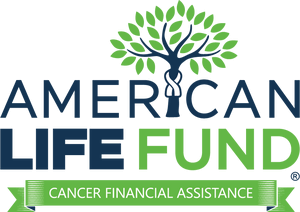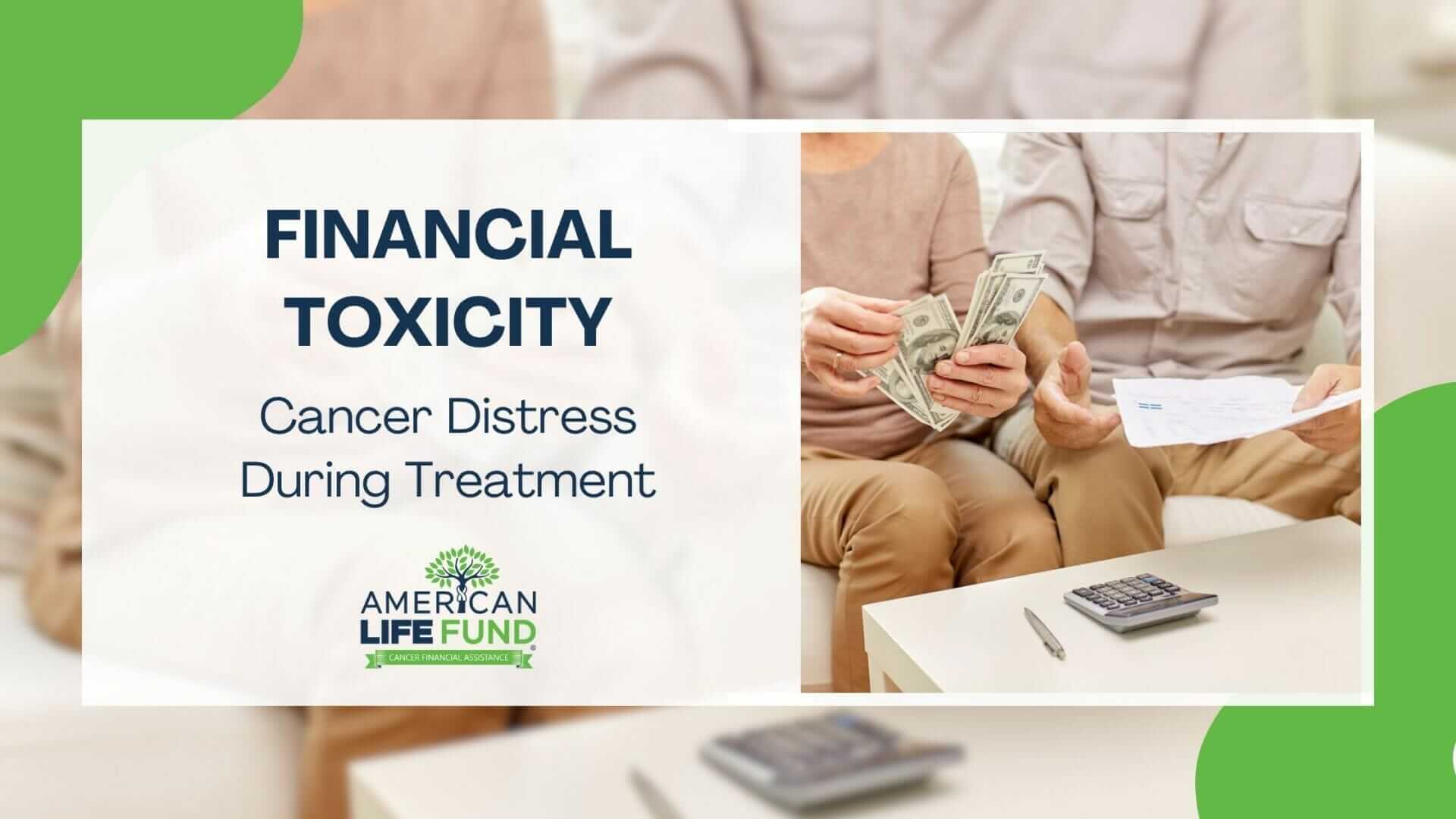Facing cancer is tough, and the financial strain can make it even harder. Treatment costs can create a crisis, affecting your health and peace of mind. It’s important to recognize and address this financial overload early. Seek help through financial counseling, patient assistance programs, and community resources. Consider options like viatical settlements for immediate financial relief. Reach out for support and take steps to manage the financial aspects of your cancer journey. Your well-being is worth it.
What Is Financial Toxicity?
Financial toxicity is a term used to describe the heavy financial burden that patients and families face because of the sky-high costs of treatment. This burden takes various forms, such as struggling to afford treatment or medications, dipping into savings, or even taking out loans. Sometimes, it means losing income because someone can’t work while dealing with treatment.
Intense stress and anxiety from everything leave individuals and families feeling overwhelmed and helpless. And the effects linger long after treatment ends, possibly resulting in bankruptcy, job loss, or even homelessness.
Sadly, financial toxicity is becoming more common as treatment costs continue to climb. That’s why it’s crucial to tackle this issue head-on.
Am I at Risk of Financial Toxicity During Treatment?
It’s a valid concern, given the unpredictable costs associated with cancer care. The expenses vary widely based on potential factors like the rarity of the disease, access to resources, type and stage of cancer, the required treatment, and health insurance coverage.
While those without sufficient insurance coverage or needing long-term treatment might be at higher risk, financial toxicity can affect anyone, regardless of financial status.
Being proactive is key. Don’t underestimate your financial situation and assume that you will have everything covered. Bills can spiral quickly when necessary referrals are made. Doctors, experts and other healthcare professionals can offer guidance but not guarantees. Recognizing the signs is a preventative measure highly recommended for those seeking stability and security at this time.
What Are Signs of Financial Toxicity
Financial toxicity manifests in many ways, and the signs may vary from person to person. Here are some common signs that may indicate financial toxicity during treatment:
- Struggling to pay for medications, treatments, or medical bills
- Maxing out credit cards or taking on additional debt to cover the cost of treatment
- Selling assets or dipping into savings to pay for treatment
- Missing work or reducing hours due to treatment, resulting in loss of income
- Delaying or skipping treatments or appointments due to financial concerns
- Feeling overwhelmed, anxious, or stressed about finances
- Avoiding social activities or hobbies due to cost concerns
- Experiencing strain or conflict within relationships due to financial stress
- Ignoring bills or avoiding conversations about finances
- Feeling hopeless or helpless about the financial situation.
Recognizing these signs and seeking help and support when needed is important. Financial toxicity affects the quality of life, and addressing it early can help reduce the long-term consequences of financial stress.
What Are The Consequences of Financial Distress During Treatment?
Financial distress during treatment from health systems has unwanted consequences for both patients and their families:
- Delayed or Skipped Treatment: Concerns about finances may lead patients to delay or skip treatments, potentially impacting treatment effectiveness and recovery.
- Reduced Quality of Life: Financial distress can cause stress, anxiety, and depression, diminishing the overall quality of life for patients.
- Increased Mortality Risk: Studies suggest that patients experiencing financial distress during treatment may face a higher risk of mortality.¹
- Limited Access to Care: Financial concerns may deter patients from seeking necessary medical care, reducing access to treatment and increasing the risk of complications.
- Financial Strain: Treatment expenses lead to increased debt and financial strain, with long-term consequences.
- Negative Impact on Mental Health: Financial distress increases mental health issues like stress, anxiety, and depression.
- Strained Relationships: Financial worries strain relationships within families, leading to conflicts and added stress.
Consider financial counseling, community resources, and open communication with healthcare providers to help with financial strain and improve quality of life during treatment.
How Is Financial Toxicity “Treated”?
There are rarely one size fits all cures for situations like financial toxicity and accepting that is part of the process. However, if you find yourself identifying with some or many of the signs, then there are several strategies to help:
- Financial Counseling: Seek help from a financial counselor to manage treatment expenses, negotiate with creditors, and explore financial assistance options.
- Patient Assistance Programs: Many organizations offer programs to help cover medication and treatment costs for those in need.
- Insurance Advocacy: Consider working with an insurance advocate to review coverage and negotiate with insurance companies.
- Community Resources: Use local resources like transportation services, meal delivery, and financial assistance programs.
- Employer Support: Explore benefits provided by employers, such as paid time off or disability leave.
- Legal Assistance: In some cases, legal aid may be necessary for issues like bankruptcy or negotiating medical bills.
- Support Groups: Joining a support group can offer both emotional and practical support for coping with financial toxicity during treatment.
Ways to Reduce Financial Toxicity
Reducing financial toxicity during cancer treatment is challenging but worthwhile. There are steps patients and families can take. Here are some ways to reduce financial toxicity:
- Communication with Healthcare Team: Discuss financial concerns with your healthcare team for guidance on affordable treatment options and available resources.
- Review Insurance Coverage: Understand your insurance coverage and seek clarification from insurance representatives or advocates if needed.
- Explore Financial Assistance: Look into patient assistance programs and nonprofit organizations to help cover treatment costs and other expenses.
- Financial Counseling: Consider working with a financial counselor to create a budget and explore assistance options.
- Seek Support: Talk to family and friends about your financial worries and seek their support, both emotionally and practically.
- Self-Care: Prioritize self-care to manage stress, including activities like exercise, meditation, or seeking counseling.
While it’s important to acknowledge that resources and support are available to help you. It’s also important to recognize the challenges you may be facing. Taking proactive steps can provide some relief from the economic burden. It offers a small but significant improvement in your quality of life during treatment when reaching out for help is needed.
Could a Viatical Settlement Reduce the Strain?
A viatical settlement is an option that alleviates financial toxicity for individuals who have a life-threatening illness, such as cancer. A viatical settlement is selling a life insurance policy to a third-party company in exchange for a lump sum payment.
Here’s how a viatical settlement helps with financial toxicity:
Provides Immediate Financial Support:
A viatical settlement provides immediate financial support for individuals struggling with cancer treatment costs for pancreatic, breast cancer and all other cancer types. The lump sum payment can be used for medical bills, living expenses, and other necessary costs.
Does Not Require Repayment:
Unlike a loan, a viatical settlement isn’t repaid. The lump sum payment is yours to use as needed.
Can be Used For Any Purpose:
The lump sum payment from a viatical settlement can be used for any purpose, including medical bills, living expenses, travel costs, or even a bucket list trip.
Offers a Higher Payout Than Surrendering The Policy:
A viatical settlement offers a higher payout than surrendering a life insurance policy. The extra money could be put toward their medical expenses or whatever that individual chooses.
Tax Considerations:
Viatical settlements generally aren’t taxable, providing further financial relief for recipients.
Contact American Life Fund for more information about how a viatical settlement can help alleviate financial toxicity. Our knowledgeable team is available to answer any questions you may have. We are ready to help you during this difficult time.
Be open and honest with your healthcare team about your financial concerns. They can offer options for more affordable treatment or connect you with financial resources.
Summary
There is already much to be concerned about after facing challenging news like a cancer diagnosis. The exorbitant costs of treatment only add to the already scary challenges faced during this difficult time. Financial toxicity is an inevitable outcome for many. Yet, there are paths to explore for relief and hopefully, avoidance..
We encourage you to reach out for support. Whether it’s seeking financial counseling, exploring patient assistance programs, or reevaluating insurance coverage, every possibility explored can provide some measure of assistance.
For those struggling with financial hardship and holding a life insurance policy, a viatical settlement is an easy option during these trying times.
By taking proactive steps and seeking help when needed, we hope to alleviate some of the financial strain, offering some relief during this time. Your well-being is most important, and we stand with you in this journey, offering our support every step of the way.
Frequently Asked Questions
Explore Financial Assistance Programs:
Financial toxicity can have a profound impact on health outcomes, as the stress and anxiety associated with financial strain may worsen existing health conditions or hinder recovery from cancer treatment. Check out our article on finding financial assistance programs for more information.
Are there resources available to help with out-of-pocket costs?
Yes, there are resources such as patient assistance programs and financial counseling services that can provide support for managing out-of-pocket costs associated with cancer treatment.
How does the health care system address financial toxicity?
The health care system plays a role in addressing financial toxicity by advocating for policies that improve access to affordable healthcare, reducing health insurance premiums, and implementing measures to minimize out-of-pocket costs for patients.
What role does the National Cancer Institute play in addressing financial toxicity?
The National Cancer Institute is a health system that conducts research and provides resources to better understand and address the financial impact of care on cancer patients and their families.
Financial Assistance For Specific Cancer Types
Source:
- Financial Toxicity of Cancer Care, https://pubmed.ncbi.nlm.nih.gov/26657334/







